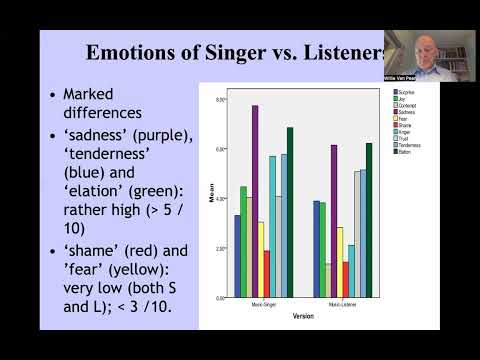 Willie van Peer
Willie van Peer
 University of Munich
University of Munich
Title: Psychopoetics. Literary Studies on a New Footing
Abstract (long version below): Traditional poetics attempts to elucidate how linguistic features of literary texts create certain effects in the reader. While this has led, through the ages, to an impressive arsenal of descriptive labels identifying phonetic, grammatical or semantic devices, relatively little has been done in terms of the psychological reality of the effects presumed. In this paper, we will demonstrate how emotional content of poetic texts may call forward emotional reactions opposite to what one may expect. We argue that a systematic investigation of the categories in traditional poetics should be undertaken: we propose to call this type of investigation PSYCHOPOETICS, the combination of poetics and psychology in the elucidation of literary functions.

 Long abstract
Long abstract
Traditional poetics attempts to elucidate how linguistic features of literary texts create certain effects in the reader. While this has led, through the ages, to an impressive arsenal of descriptive labels identifying phonetic, grammatical or semantic devices, relatively little has been done in terms of the psychological reality of the effects presumed. In this paper, we will demonstrate how emotional content of poetic texts may call forward emotional reactions opposite to what one may expect. We argue that a systematic investigation of the categories in traditional poetics should be undertaken: we propose to call this type of investigation PSYCHOPOETICS, the combination of poetics and psychology in the elucidation of literary functions.
We will present the results of a reading plus listening experiment, with and without understanding of the text, differentiating between the emotional content of the text, the emotions of the singer, and the emotions of the listener, demonstrating how these differ from one another, calling for a deeper psychological investigation of what poetic effects are and how they emerge.

